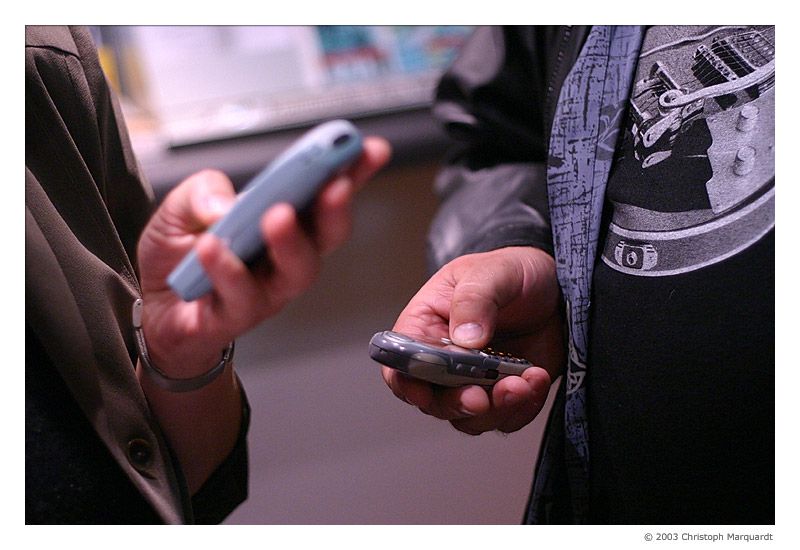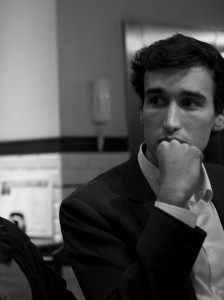There is a fallacy – one that seems to afflict liberals disproportionately – that all major political disagreements can ultimately be reduced to misunderstandings. Communication is the bedrock of human society, and the better we can communicate with one another the greater chance there is that such misunderstandings can be overcome. While it is tempting to sneer at this view (any self-respecting conservative, socialist or green will tell you there are some very real conflicts of interest that cannot be wished away) it is also hard to deny that 2016 – the year of Brexit, Trump and two very near misses for Austria – saw one of the worst breakdowns in civic communication in recent history.
Why did this happen? Part of the explanation has to be the extraordinarily naïve approach we have taken to the arrival of digital media. Encouraged by the prophets of Silicon Valley, we have assumed that online communication is just another step in the evolution of the public sphere that underpins all stable democracies. In fact, it is nothing of the sort. Facebook and Twitter are not 21st Century analogues to newspaper and radio; they entail a radically different form of coexistence with our fellow citizens, one that we are only just beginning to understand. At the end of 2016, there is at least one phenomenon that has become all too clear: the tendency for filter bubbles to form around users, chrysalis-like, ensuring that they are only fed content that reflects their prior opinions. If such a mode of communication is allowed to become dominant, how can it not lead to deeply divided societies?
It would be a mistake, however, to lay all the woes of 2016 at the door of digital media. As with all technology it exists in a complex two-way relationship with society, and Western societies are now more divided than at any time since the Second World War. Class and regional inequalities have been growing for decades, while a great cultural chasm has opened up between multiculturalists and internationalists on one side and communitarians and isolationists on the other. As many political thinkers have noted, civic communication does not just happen in a vacuum; it is predicated on a certain degree of common ground. If the divide is too great, it is all too easy for dialogue to degenerate into a shouting match.
For both technological and socio-economic reasons, people across Western societies have largely ceased to speak to one another. Our public spheres have severely diminished and we now increasingly inhabit ideological ghettos – either in the real world or online – where we find only people with whom we agree. In an uncertain world such a mode of living may give us some comfort, but it can only lead to a worsening spiral of division in wider society. And, sometimes, the extent of those divisions only become clear when we are forced to make a sudden collective decision – like one of Europe’s great powers incinerating its seat at the table, or an offensive right-wing populist winning the White House, or (perhaps) a vote to begin unravelling the Franco-German alliance.
There is now a very long list of things to begin putting right in 2017. To it, we should add the urgent need to relearn some old habits: the ability to listen to one another, to tolerate differences of opinion, to resist the temptation of the block button and the no-platform policy, to engage in constructive debate about the best way to run our societies. A renewal of civic communication would be no easy fix, but it would go some way to healing the divisions wrought in this most disastrous of years.
You can download the article in PDF here.
James Bartholomeusz (1992) is from the United Kingdom and is a policy officer at the Project for Democratic Union.


